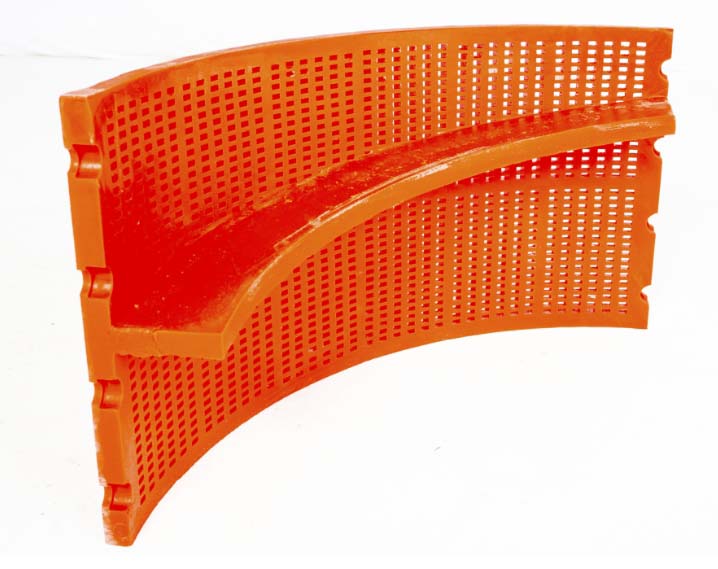POLYURETHANE
POLYURETHANE
At Iracore, our polyurethane is formulated by our in-house chemists to meet the specific demand it will face in your environment.
Unlike many other urethane parts manufacturers, Iracore sources raw materials from major chemical producers to create custom polyurethanes. The polyurethane formulations have been developed through decades of field knowledge to meet rigorous operating conditions in heavy industry.
With the largest computer-controlled casting machines in North America, we can create urethane parts ranging from simple small pours (a few lbs) to the large volumes (3500lbs) required to line bore pipe up to 60’ in length.

Choice of polymer depends on the following
- Hardness and other physical property requirements
- Environmental factors (exposure to oil, water, other fluids, temperature, etc.)
- Tooling cost (injection molds vs. open cast vs. compression molds)
- Mode of failure (fatigue, cut and tear, wear, compressive loads, etc.)
Key Factors for Selecting the Proper Urethane Elastomer
- Compression or load-bearing requirements
- Slurry or service environment composition (pH)
- Temperature range
- Particle size, shape and velocity on impact abrasion
- Wet service environment and expected service life
Material Selection Guide
Material Selection Guide
Key Factors For Selecting the Proper Urethane Elastomer
Hardness
Important factor for load bearing / compression requirements
65-95 Shore A available
Not a great indicator of overall elastomer performance
Service Environment Composition
- Dry or Wet Service
- Solution pH
- Slurry particle size, shape, and velocity
Operating Temperatures
Applications across a broad range of temperatures, -80F to 93F
Performance properties vary with temperature
Abrasion Mechanism
Sliding – High toughness and high tear strength best
Impact – High resiliency best
Erosion / Corrosion – elastomers protect against most ferrous corrosion mechanisms
Operating Temperatures
Applications across a broad range of temperatures, -80F to 93F
Performance properties vary with temperature
Abrasion Mechanism
Sliding – High toughness and high tear strength best
Impact – High resiliency best
Erosion / Corrosion – elastomers protect against most ferrous corrosion mechanisms
Tooling Costs
- Open casting vs. compression vs. injection molds
Operating Temperatures
Applications across a broad range of temperatures, -80F to 93F
Performance properties vary with temperature